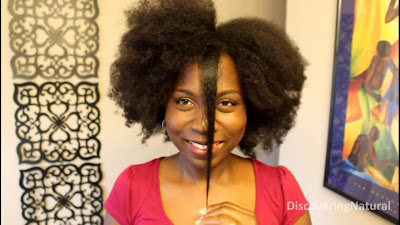How Does Hysterectomy Affect Your Hair
A hysterectomy (surgical removal of uterus to prevent menstruation and pregnancy) can potentially affect your hair in several ways:
1. Hormonal changes: A hysterectomy can lead to hormonal fluctuations, particularly a decrease in estrogen levels. This can cause hair thinning, dryness, or loss, especially if you're prone to hormonal-related hair issues.
2. Surgical stress: The physical stress of surgery can cause telogen effluvium, a condition where hair follicles stop growing and enter the resting phase, leading to excessive hair shedding.
3. Anesthesia and medications: Certain medications used during and after surgery, such as anesthesia and painkillers, can cause hair loss as a side effect.
4. Vitamin deficiencies: A hysterectomy can lead to vitamin deficiencies, particularly iron and vitamin B12, which are essential for healthy hair growth.
5. Menopause: If your hysterectomy leads to menopause, you may experience hair thinning, dryness, or loss due to decreased estrogen levels.
6. Thyroid changes: Some women may experience thyroid changes after a hysterectomy, leading to hair loss or thinning.
7. Aging: As you age, hair growth naturally slows down, and a hysterectomy can accelerate this process.
To minimize hair loss after a hysterectomy:
- Eat a balanced diet rich in vitamins and minerals
- Take supplements if necessary (consult your doctor)
- Use gentle hair care products
- Avoid excessive heat styling and harsh chemical treatments
- Get regular trims to prevent split ends and breakage
- Create a hair routine where you are not over manipulating your hair
- Consider using a scalp serum or hair growth supplement
If you want one on one help with your hair, you can use this link to contact me http://bit.ly/NaturalHairCoach
Remember, every individual's experience is unique, and hair loss after a hysterectomy may not be severe or permanent. Consult your doctor or a dermatologist for personalized advice.




Comments
Post a Comment